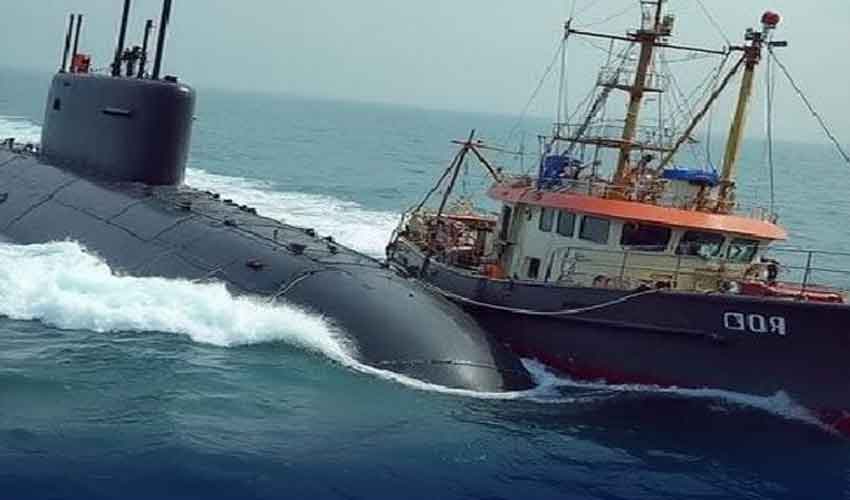Indian Navy's nuclear technology poses threat to environment, marine life
Frequent accidents, substandard materials, and corruption expose India's naval expansion as a risk to regional security and ecology.

The Indian Navy's reliance on substandard nuclear technology has raised serious concerns about environmental damage and the safety of marine life in South Asia.
Over the past decade, India has reported 15 significant naval accidents, exposing gaps in its technological capabilities and safety protocols.
One of the most notable incidents was the 2014 INS Sindhuratna fire, which claimed two lives. India’s first nuclear submarine, INS Arihant, was rendered inoperative for ten months due to the accidental flooding of a hatch, sparking fears of underwater pollution.
Additionally, the INS Arighat construction faced delays of over three years, questioning India's ability to develop advanced military platforms.
Corruption within the Indian Navy’s procurement processes exacerbates these issues. Scandals such as the 2006 arms purchase kickbacks, the 2013 torpedo deal irregularities, and the 2019 domestic weapons system fiascos have compromised the quality and reliability of naval equipment.
India's use of inferior materials in its nuclear technology poses severe environmental risks, including the potential for underwater nuclear accidents. Mishandling radioactive material could lead to devastating consequences for marine ecosystems and crew safety.
Despite these challenges, India continues to prioritize its nuclear submarine fleet, spending billions while 140 million of its citizens live below the poverty line. This raises ethical concerns about prioritizing military expansion over pressing social and environmental needs.
To mitigate these threats, South Asian nations must collaborate on a regional framework focusing on maritime safety, environmental protection, and conflict resolution. Regular audits and accountability mechanisms should be integral to this framework.
International organizations like the International Maritime Organization (IMO) and the International Atomic Energy Agency (IAEA) must play a pivotal role in monitoring nuclear safety and enforcing global standards. Such cooperation is essential to ensure that naval advancements do not come at the cost of environmental and human safety.

